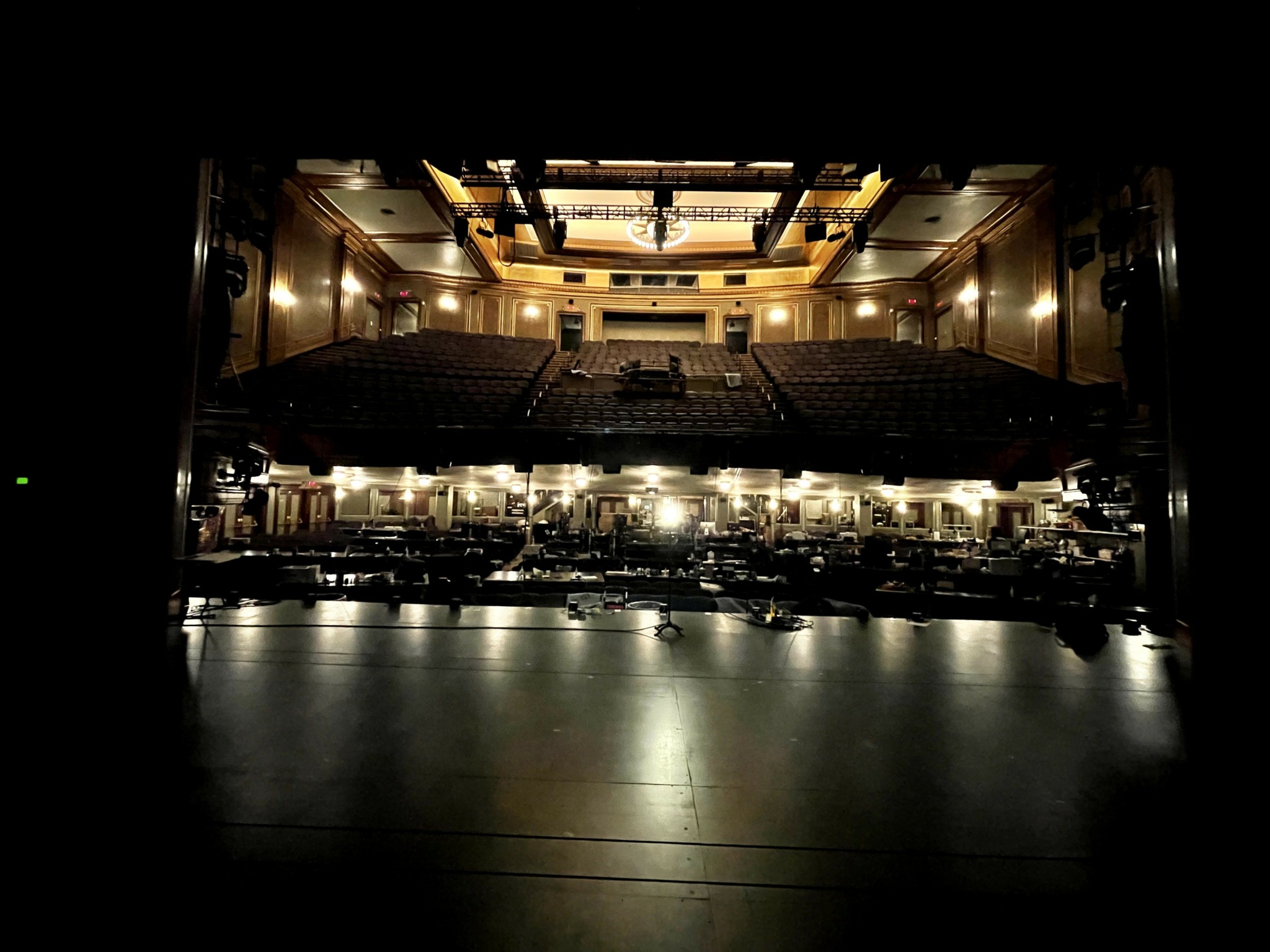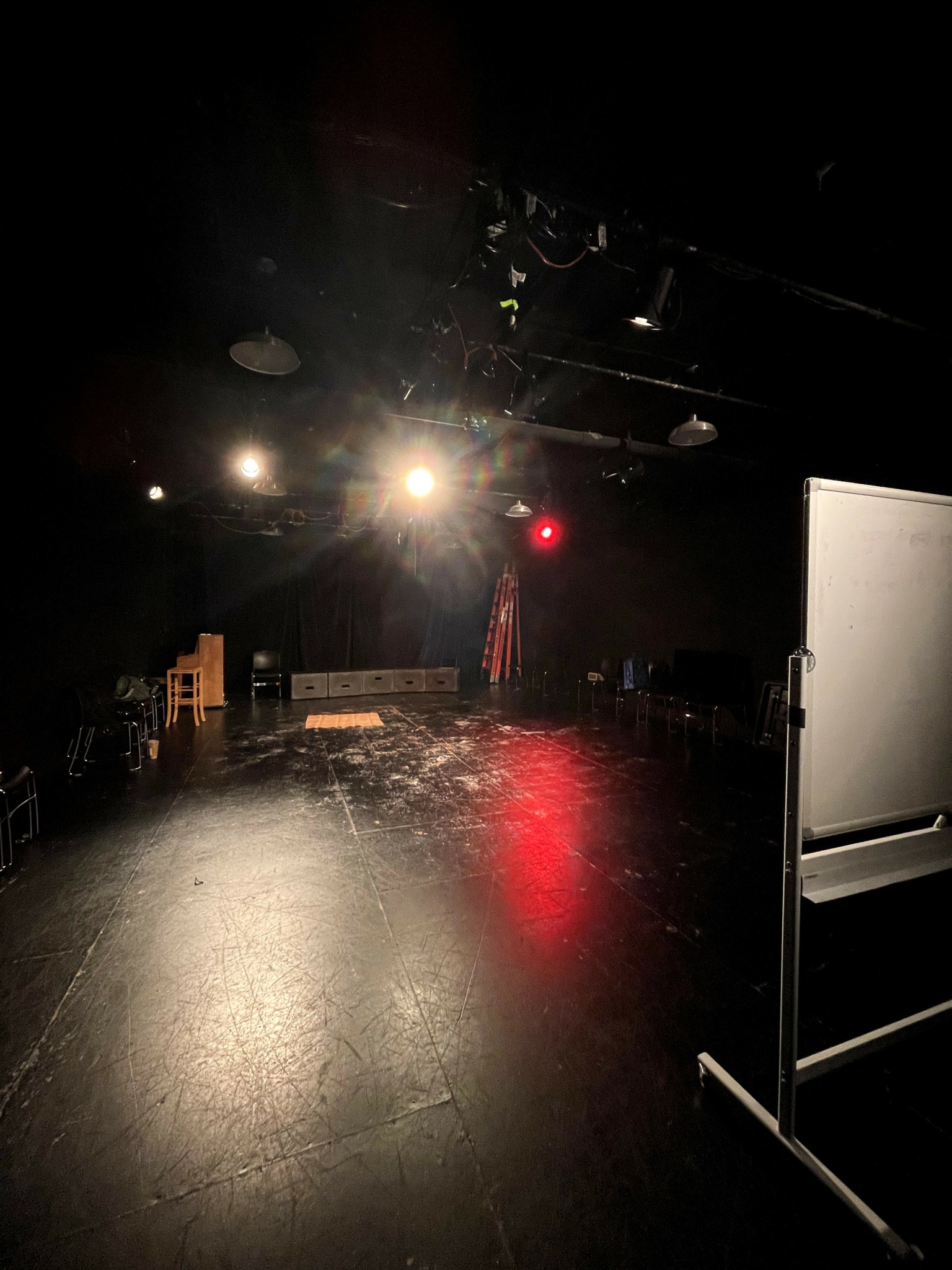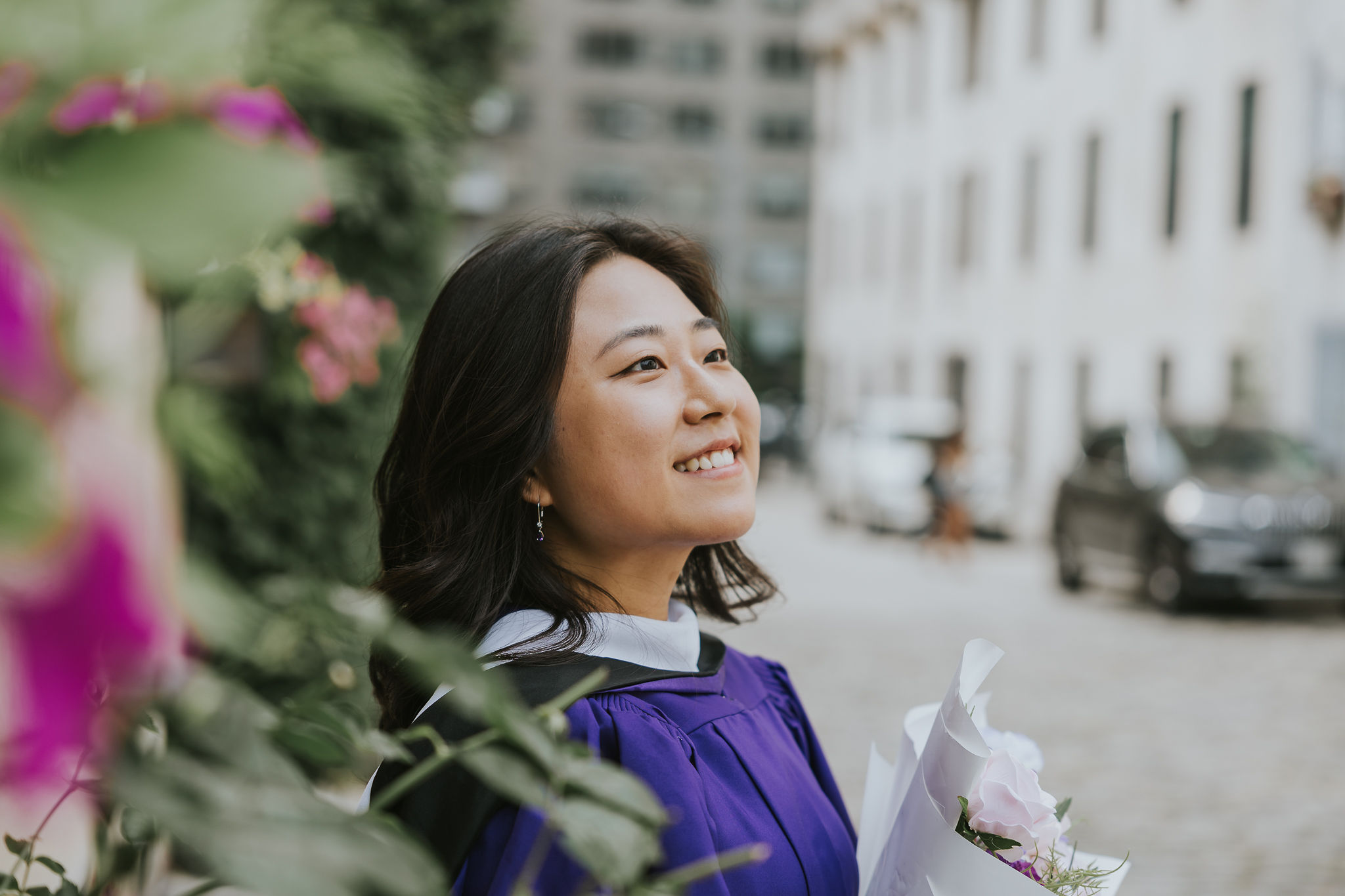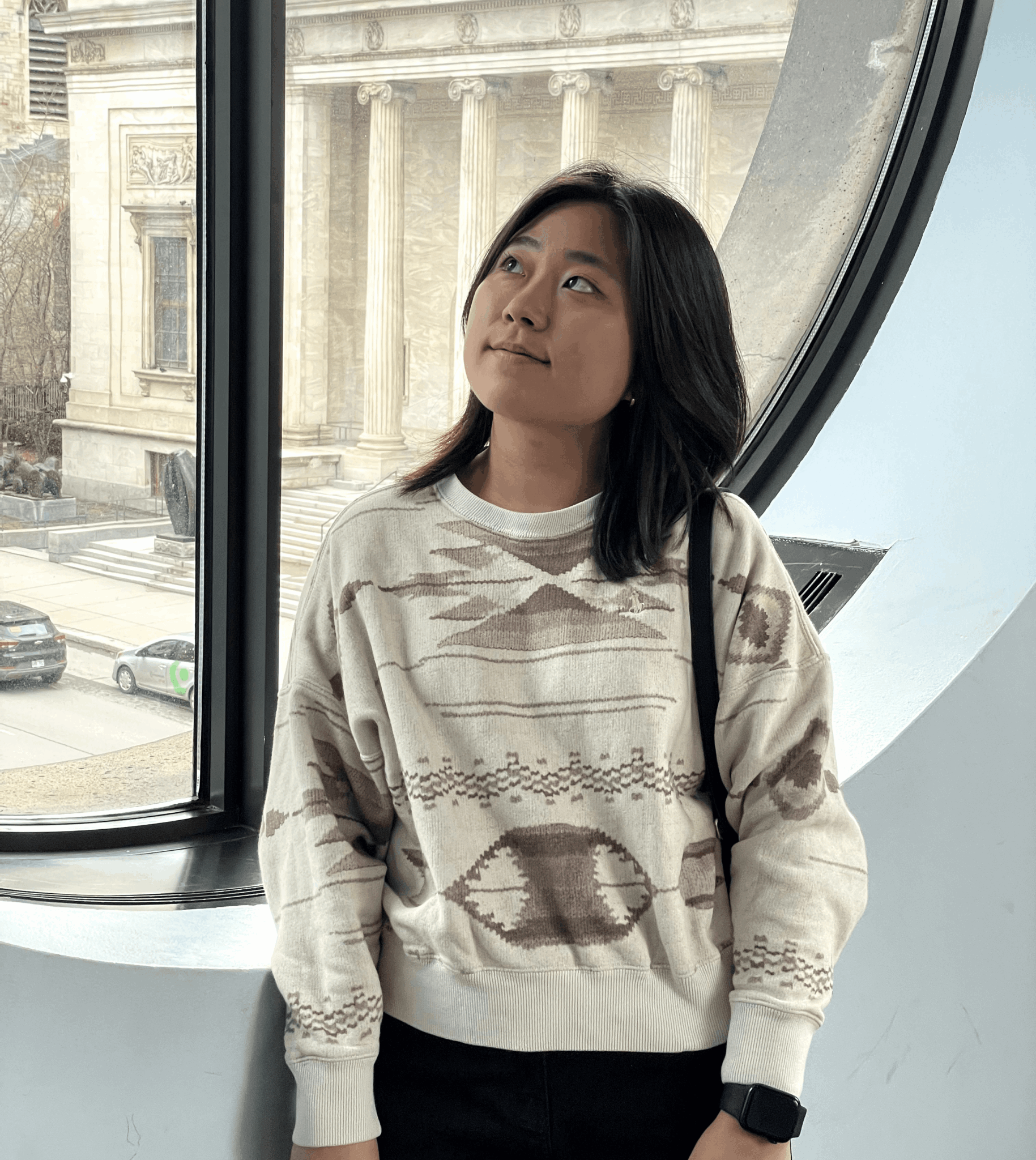We’re excited to introduce you to the always interesting and insightful Carol Seungwon Lee. We hope you’ll enjoy our conversation with Carol Seungwon below.
Alright, Carol Seungwon thanks for taking the time to share your stories and insights with us today. We’d love to hear about a project that you’ve worked on that’s meant a lot to you.
Growing up in a multilingual environment, language and communication always fascinated me. Despite linguistic differences, theatre taught me the power of the arts as something that connects people through a shared, collective experience. I always wanted to one day be a part of international projects that bring artists together for the shared goal of creating meaningful art together.
“Fly to Tomorrow” (working title) is a project that holds a special place in my heart as the first production that opened the door to international collaboration for me. Alongside amazing creatives like Ryan Dobrin, our director, and Gyurin Lee from Jooda Culture, the lead producer of the project, I served as the Korean Creative Team Liaison. Engaging my experience translating and interpreting across different countries growing up, I led the communication between the US-creative team and the Korean creative team. The project was a workshop funded by the Korean Ministry of Cultural Affairs and was aimed at providing an opportunity for a Korean musical theatre production to be translated and localized into a production accessible for English-speaking audiences. This opportunity introduced me to the possibility of cross-cultural artistic collaboration and motivated me to continue on my creative journey as a global theatre artist.
Another project that holds great meaning to me is my long-term passion research focusing on performance space curation for the performance of cultural trauma and collective memory. Memories as a source of information about the past are constructed in various ways with the incorporation of archives and repertoire. And establishing a space for these traumas and memories to live on through storytelling is something that I have been studying for the past 8 years and will continue to research. The gravity of accountability and responsibility that follows space curation for cultural trauma is intense, especially when considering ways of inviting memories that are, at times, in fact, testimonies and first-hand accounts of how a specific occurrence impacted one’s life upside down. Embracing the silence and constructing a different repertoire incorporating the standards of authenticity in the context of cultural traumas, I am currently in the second leg of the research as I examine the role of the physical location as a site of memory and its impacts on developing a paradigm of remembering and educating the audience on the collective memory.

Great, appreciate you sharing that with us. Before we ask you to share more of your insights, can you take a moment to introduce yourself and how you got to where you are today to our readers.
Following my parents, I moved to China when I was 9 and felt a sense of belonging in music and theatre. I played in orchestras in and out of school initially as a violinist and then as a bassist by the time I was in high school. The collective experience of creating harmony together and communicating with musical notes motivated me to explore new ways of connecting with others. As a polyglot, I was also drawn to the idea of code switching and the universality of storytelling. And I stumbled into the world of theatre by chance when I saw a poster in the hallway of our orchestra classroom.
I auditioned for the school musical when I was in 8th grade and that first step I took into the black box theatre was all I needed to realize that I want to be a theatre maker.
To pursue my dream as a theatre maker, I moved to Chicago to study theatre in a more diverse setting. It was also during this time that my love for writing and research grew exponentially in tandem with my love for theatre management. I met some of the best, lifelong collaborators, friends, and mentors during my time in Chicago. After graduating from Northwestern University, I moved to NYC and made my Broadway debut as the Assistant Company Manager. Then came the important question of “What now?”
Part of my exploration for the next chapters of my life was graduate school, where I got to pursue my passion for research and writing. Since graduating from my Master’s program last year, I have been working as a theatre administrator, researcher, and writer.

Is there mission driving your creative journey?
As an artist, researcher, and theatre administrator, the central pillars in my creative journey are curation of brave performance spaces and storytelling and healing through performance of cultural trauma and healing. I want to continue to explore the meaning of a witness in the performances that seek to challenge the pre-established frameworks of “historical truths,” and expand the limited perception of what constitutes a performance space to tell these stories that could foster communities and solidarity for collective healing. Reconstruction of the absence of memories and creating a performance space that could serve as a site of memory are essential factors that drive this creative journey as well. I hope that these explorations will lead to further amplification of marginalized voices in the arts and highlight the significance of remembering, connecting, and healing through the arts.
As a company manager, I hope to continue to curate performance spaces where other creatives can feel a sense of belonging, a community, and artistic curiosity. I strongly believe that people-oriented connection and communication are integral components in establishing a brave space in which people can feel empowered to explore freely and create artistic synergy with other members of the room. My goal is to continue to devise ways of curating spaces where everyone can focus solely on creating art together.

For you, what’s the most rewarding aspect of being a creative?
Living a life as a multi-hyphenate creative (company manager, researcher, performance curator) sometimes makes me wonder why I do the work I do. The most rewarding aspect for me as a creative, and an integral reason for why I continue to stay motivated, is creating communities where people can feel welcomed and cared for. I think that the unique thing about theatre is not only the live aspect of it, but also the community that each production can foster. Being in the creative process together, especially when the space feels welcoming, I think that there is a real bond that starts to form as a collective ensemble. On the more business side as an artist, there is nothing more fulfilling than having all of the numbers in the production budget all add up and make sense (Laugh)!
Contact Info:
- Instagram: https://www.instagram.com/carol_sw_lee/
- Linkedin: https://www.linkedin.com/in/carol-seungwon-lee/




